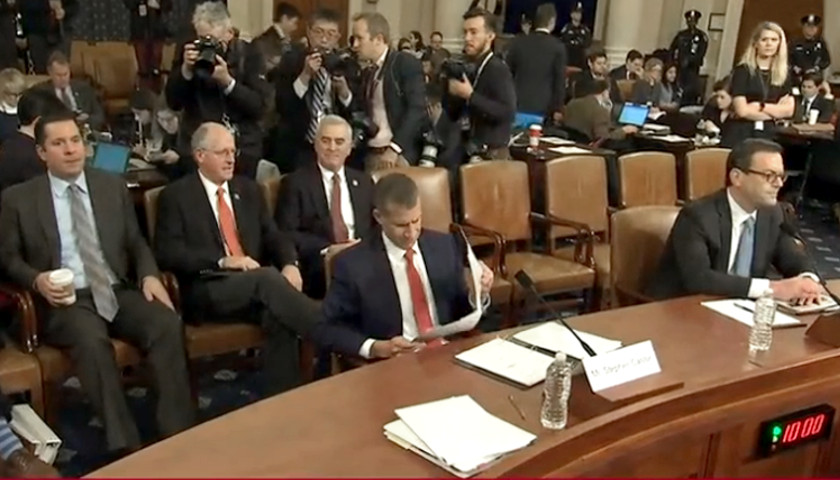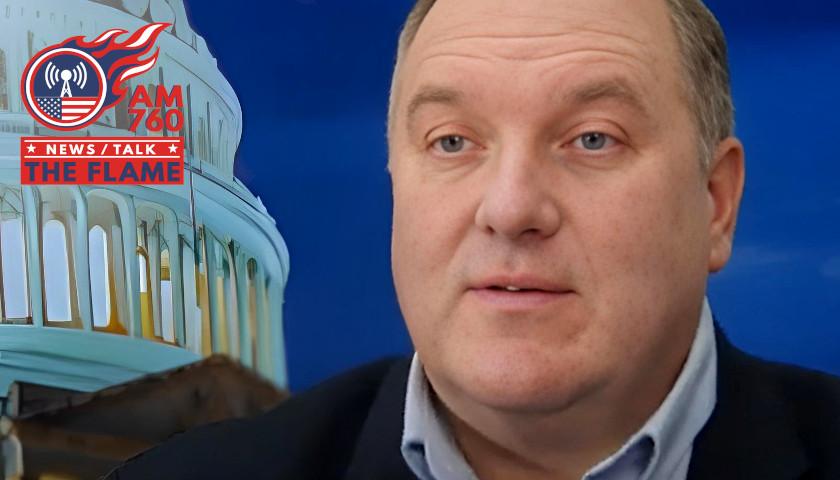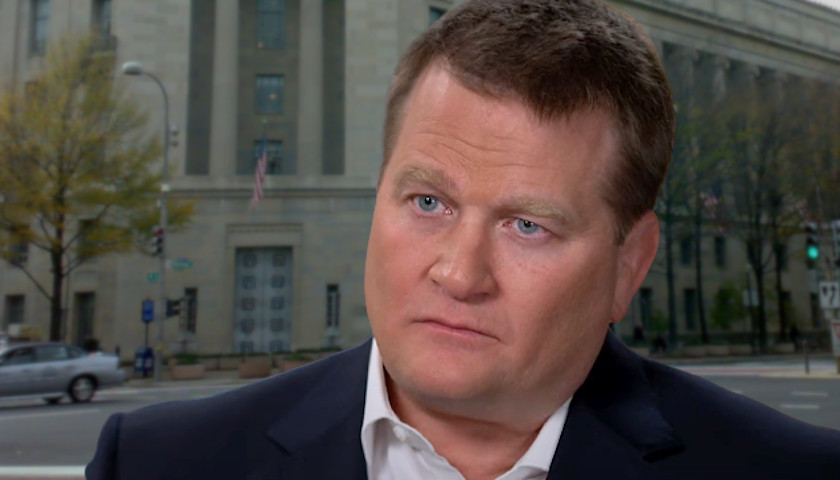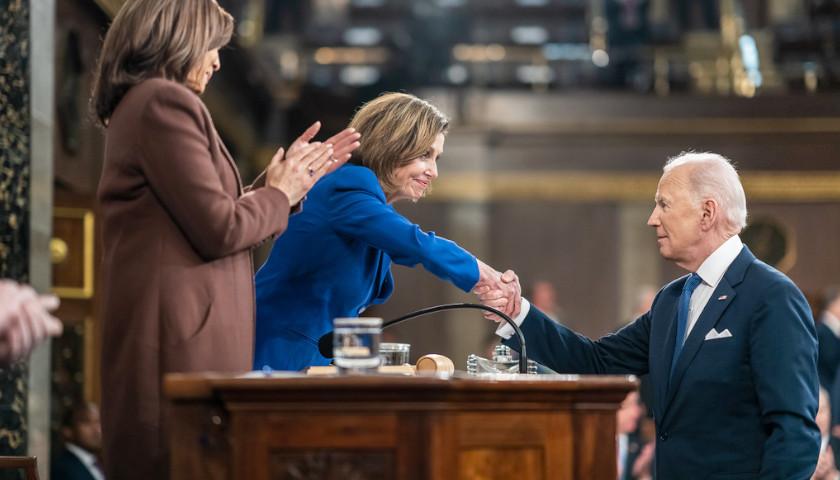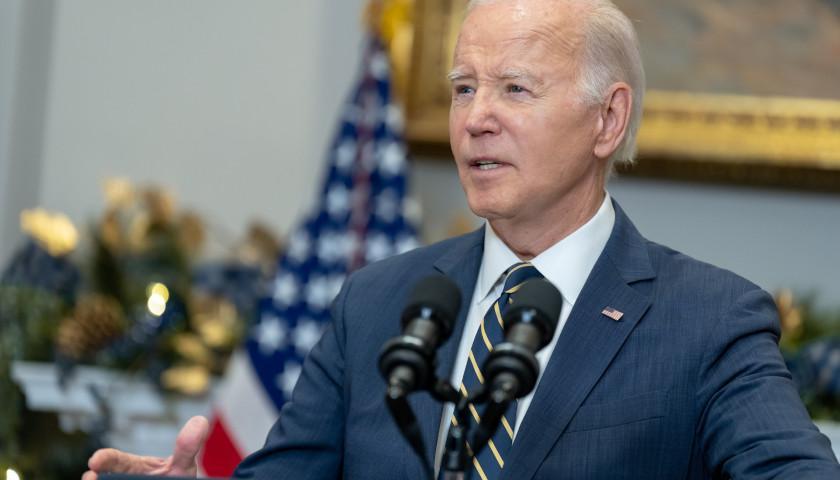by Ken Bredemeier
Democratic and Republican leaders of the U.S. House Judiciary Committee laid out sharply divergent views Monday for and against the impeachment of President Donald Trump.
The Judiciary Committee hearing on the allegations against Trump is a rare moment in the 243-year history of the U.S., only the fourth time an American leader has faced an impeachment inquiry. Two U.S. presidents have been impeached, but none removed from office through the impeachment process.
The panel’s Democratic chairman, Congressman Jerrold Nadler, said repeatedly, “President Trump put himself above the country,” as he pushed Ukraine to investigate one of his chief 2020 Democratic challengers, former Vice President Joe Biden, while temporarily withholding $391 million in military aid Kyiv wanted to fight pro-Russian separatists in the eastern part of the country.
Nadler, pushing for Trump’s impeachment, contended that the U.S. leader “invited” Russia to help him win the 2016 election and “demanded it for 2020 (from Ukraine) and then he got caught. He has violated his most basic responsibility to the country.”
But the Judiciary panel’s lead Republican, Congressman Doug Collins, a staunch supporter of the president, said that despite Trump’s request for the Biden investigation, “Ukraine did nothing and got the aid anyway.”
He accused Democrats in the House of Representatives of pursuing Trump’s impeachment as soon as they won the chamber’s majority a year ago, “to make sure the president can’t win next year” when he is seeking re-election.
“Where’s the impeachable offense?” Collins asked. “We don’t have a crime.”
The Judiciary Committee was hearing testimony from Democratic and Republican lawyers about the case for and against the American leader. Nadler rejected several attempts by minority Republicans to delay the proceedings with parliamentary challenges.
The panel is drafting articles of impeachment against Trump. But Nadler says the number of articles of impeachment and the scope of the allegations won’t be decided until after lawmakers hear summations of evidence collected by the Judiciary Committee staff and testimony heard in recent weeks by the House Intelligence Committee.
Nadler said Sunday the Judiciary Committee could possibly vote this week on articles of impeachment against Trump, setting the stage for a simple-majority vote in the full Democratic-controlled House before the annual congressional Christmas holiday recess starts late next week.
If Trump is impeached, as appears likely, the Republican-majority Senate would try him on the impeachment allegations in January. But his conviction by the required 67 of the chamber’s 100 members and removal from office remains unlikely. At least 20 Republicans would have to turn against Trump for a conviction, but none has called for his conviction and ouster from the White House.
The White House is not participating in Monday’s hearing, with Nadler saying, “President Trump chose not to show.”
White House Counsel Pat Cipollone attacked the unfolding impeachment inquiry as “completely baseless” and called potential impeachment articles “a reckless abuse of power.”
Trump posted Twitter comments Sunday labeling the process a “witch hunt,” a “hoax,” and lacking due process, while also sharing numerous posts from others saying he is being treated unfairly.
Democrats say the evidence against the president is clear.
Nadler told CNN that Trump would be found guilty in “three minutes flat” if he were facing charges before a criminal court jury that he abused his office by soliciting Ukraine to investigate Biden, his son Hunter Biden’s work for a Ukrainian natural gas company and a debunked theory that Ukraine meddled in the 2016 election Trump won, not Russia, as the U.S. intelligence community concluded.
Nadler said if Trump “had any exculpatory evidence,” he would be making it known rather than rejecting participation in the hearings.
There is some division among Democrats about whether to limit impeachment articles to allegations Trump abused his power by asking a foreign government for help in a U.S. election and obstruction for White House refusal to turn over documents and allow key Trump aides to testify in the investigation, or to expand to include allegations Trump sought to obstruct special counsel Robert Mueller’s investigation of Russian interference in the 2016 election.
Trump could be the third U.S. president to be impeached, after Andrew Johnson in the mid-19th century and Bill Clinton two decades ago, although both were acquitted in Senate trials and remained in office. Former President Richard Nixon resigned in 1974 in the face of certain impeachment in the Watergate political corruption scandal and cover-up.
– – –
Ken Bredemeier is a reporter at VOANews.com.
Image “Impeachment Inquiry in the Judiciary Committee” by C-Span.org.

